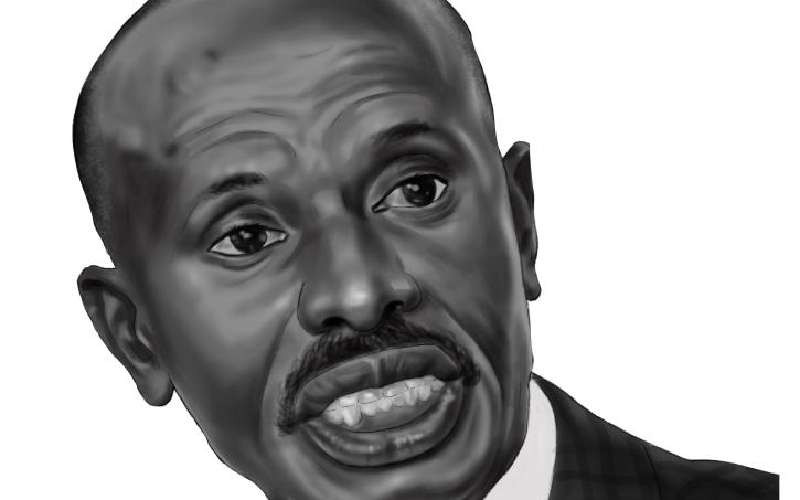×
The Standard e-Paper
Home To Bold Columnists

The education charter by Kenya Kwanza Alliance is a masterpiece that shall restore the nobility of teachers and the teaching profession. The charter will clear cobwebs in the teaching service created by archaic regulations of Teachers Service Commission (TSC). The charter will further enhance the image of the Commission as it strives to address teachers’ labour and professional concerns.